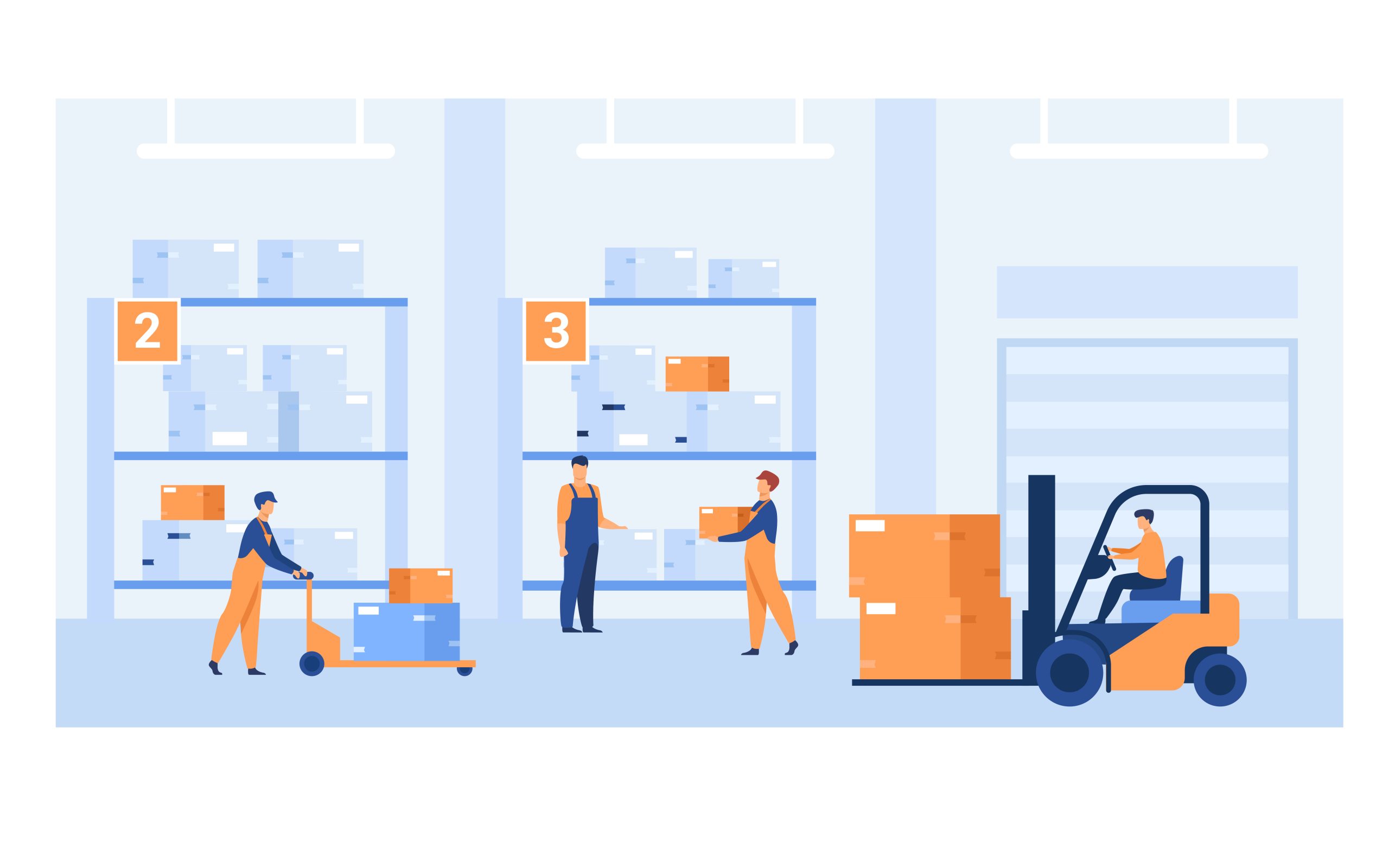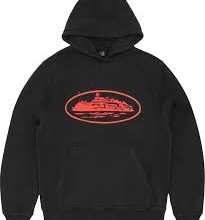Bonded Warehousing At A Logistics Park: How important it is?

How to assess whether bonded warehousing is the most suitable option for your storage requirements
Importers have a wide range of storage choices, each with its own advantages and disadvantages. Knowing your company’s objectives and requirements is crucial when deciding whether to use bonded storage. Under the restrictions of bonded warehousing, those wishing to manufacture goods, for example, will discover that they are unable to do so.
Paying duty up advance might save enterprises with greater cash the time and hassle of applying for bonds. FTZs, on the other hand, may be used by individuals who need to keep items for a period of time more than five years.
Industries that are most suitable for bonded warehousing
Most classifications of bonded warehouses prohibit the further manufacturing or processing of goods in a way that would increase their value. Thus, bonded warehousing is best suited for finished commodities (like jewellery or cars) and intermediate goods (like engines). This includes products that will be exported again or destroyed following importation.
Additionally, forbidden items like alcohol and tobacco products can be safely kept in bonded warehouses. These are particularly useful because some goods need to be temporarily stored and require additional paperwork.
To meet the requirements for bonded storage
A facility’s bonded warehouse must adhere to a number of standards of excellence to guarantee the items’ security and safety.
To get a warehouse bond, owners must submit an application specifying the warehouse’s kind, location, and bonded commodities. You might occasionally need to provide details on your inventory management and recordkeeping procedures. Brewers should take note because it is required that they keep a daily record of their activities, which will be examined during brewery audits.
A list of all the individuals having financial stakes in the warehouse as well as all the administrators may be required.
The building blueprint and proof that the warehouse has fire insurance or qualifies for it must also be submitted. A customs bond can then be obtained for each bonded facility from there.
The best location for bonded warehousing
The most practical location to run a bonded warehouse is often a bonded logistics park. These are situated close to ports, airports, and transit hubs for cargo and freight. This is crucial because port directors could reject a request for a bonded warehouse if it is too far outside the port’s boundaries to effectively utilise neighbouring customs capabilities.
Businesses must strike a balance between quick deliveries and stock on hand. By constructing logistics parks close to urban areas, ports, airports, rail connections, and significant road networks, developers are able to address these needs. For instance, the Agility Logistics Park in Maputo, Mozambique, is situated close to important highways that give access to Maputo, north Mozambique, and South African markets.
Make warehousing beneficial to you
Bonded warehousing in a logistics park has many logistical and financial benefits. Bonded warehouses can save you time and money by facilitating storage and order fulfilment.
Industrial Malaysia is a dependable and trustworthy partner for customers in the Middle East, Africa, and South Asia that want logistical solutions. For instance, it created a cost-efficient, long-lasting, and sustainable bonded warehouse in Shah Alam Seksyen 15, Malaysia.
Custom warehouses and industrial facilities are designed, engineered, and operated by Industrial Malaysia. Its sustainable, secure, and always-connected facilities accommodate global organisations, industry leaders, and small businesses. To discover more about solutions for your infrastructure and warehouse needs, get in touch with Industrial Malaysia right away.
If you found this information helpful, please share it with people who may be interested. Also, there are some fascinating articles are worth to check out at Article Rod ! Enjoy your reading, Ciao !





